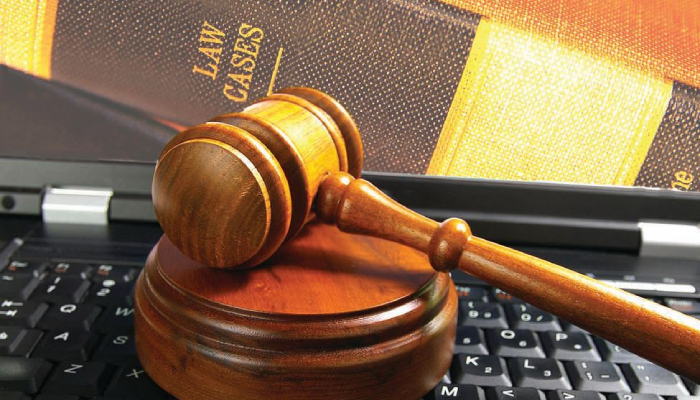
or

My firm and I represent clients from various jurisdictions, including India, in their high value litigation cases in the English Courts. Due to their unfamiliarity with the English Judicial system, almost all clients ask similar questions to gain a better understanding of how the English judicial process works. I set-out and answer some of these frequently asked questions below:
The English judicial process ensures that all disputes are resolved expeditiously and in a timely manner. The Courts therefore, at the outset and once pleadings have been exchanged, set-out a timetable in each case. This is done at a Case Management Conference. The timetable sets out all case management directions, including filing of witness statement and experts reports, leading up to the trial. The date or a window for the trial is usually included within this timetable. The compliance with the directions given by the Court is monitored very strictly by the Court and it is not easy to get extensions of time. Even where the Court grants extension of time it usually penalises the party applying for the extension by ordering that party to pay the cost of the application to the other side.
The time frame within which English Courts resolve a dispute varies as it depends on various factors including the complexity of the case and the days to be allocated for trial. Usually, a party is able to obtain Judgment from the first instance court within 1-2 years from the commencement of the case.
The parties do have a right of appeal. This right is however restricted. A party can only appeal a decision of the first instance Court if the first instance Court or the Appellate Court gives the party permission to appeal.
A party is granted permission to appeal only in cases where the appeal appears to have a real prospect of success or there is some other compelling reason why the appeal should be heard. In majority of the cases, permission is refused. In the event permission is granted, the appeals are usually resolved within six months to a year’s time depending on the number of days required for the appeal hearing.
The English Courts follow the principle of “costs follows the event” which is loser pays the legal costs of the winner. Therefore, a successful party can ask the Court to assess their legal costs, including disbursements, and order the unsuccessful party to pay them. Costs orders are very common and form an important part of the English litigation process. They discourage parties from taking untenable positions in proceedings.
More than 60% of all disputes settle either in the pre-ligation stage or after the litigation is commenced. This is for a variety of reasons including the courts approach in encouraging amicable settlement through mediation or otherwise, the risk of an adverse costs order and pragmatic view taken by legal advisors in advising their clients.
Kartik Mittal is a Solicitor at Zaiwalla & Co. LLP, and specialises in international commercial dispute resolution and arbitration. He has successfully represented Indian clients’ including Indian Oil Corporation, PEC Limited, Nav Bharat International Limited and Tamil Nadu Electricity Board in their disputes in London.

Lex Witness Bureau

Lex Witness Bureau

For over 10 years, since its inception in 2009 as a monthly, Lex Witness has become India’s most credible platform for the legal luminaries to opine, comment and share their views. more...
Connect Us:


The Grand Masters - A Corporate Counsel Legal Best Practices Summit Series
www.grandmasters.in | 8 Years & Counting
The Real Estate & Construction Legal Summit
www.rcls.in | 8 Years & Counting
The Information Technology Legal Summit
www.itlegalsummit.com | 8 Years & Counting
The Banking & Finance Legal Summit
www.bfls.in | 8 Years & Counting
The Media, Advertising and Entertainment Legal Summit
www.maels.in | 8 Years & Counting
The Pharma Legal & Compliance Summit
www.plcs.co.in | 8 Years & Counting
We at Lex Witness strategically assist firms in reaching out to the relevant audience sets through various knowledge sharing initiatives. Here are some more info decks for you to know us better.
Copyright © 2020 Lex Witness - India's 1st Magazine on Legal & Corporate Affairs Rights of Admission Reserved